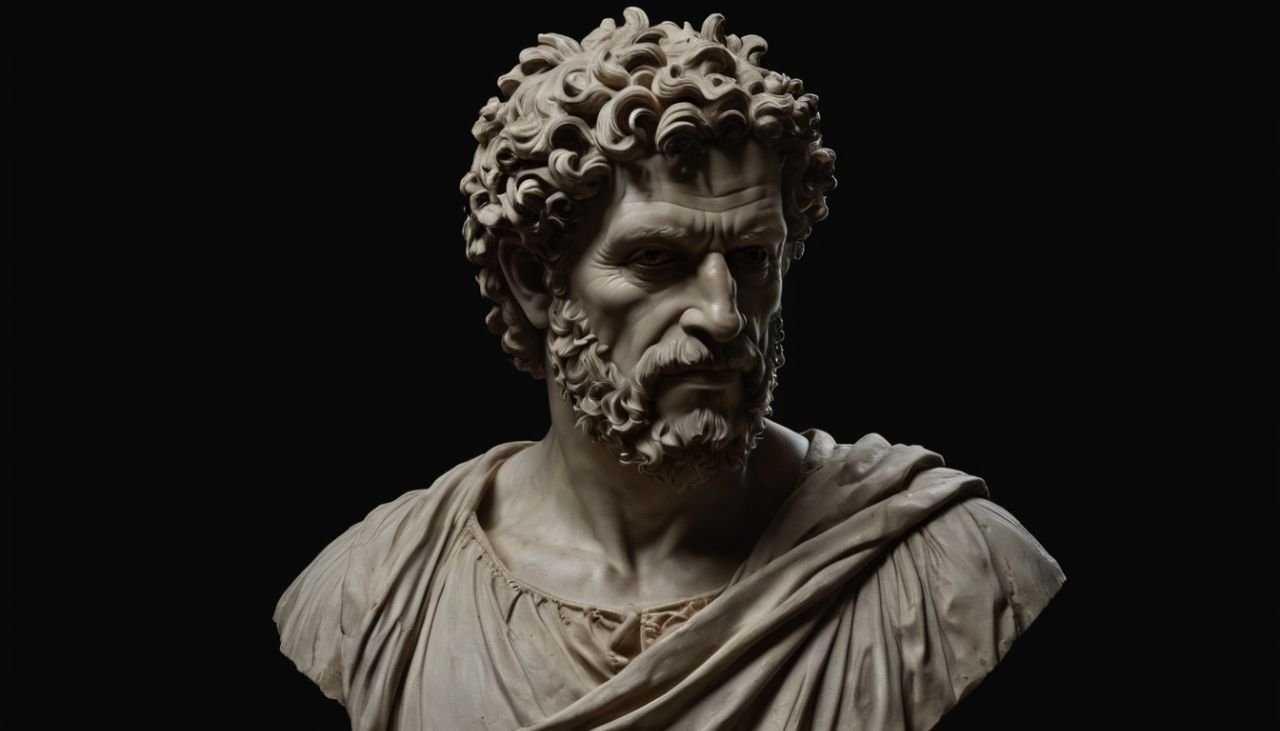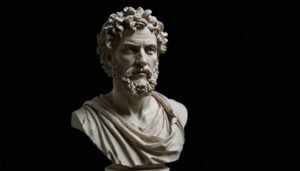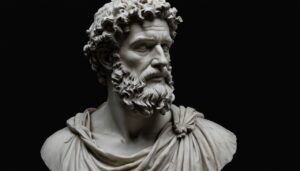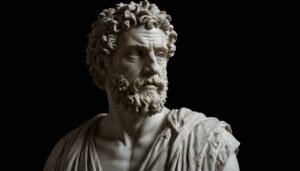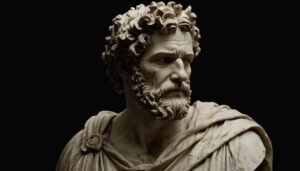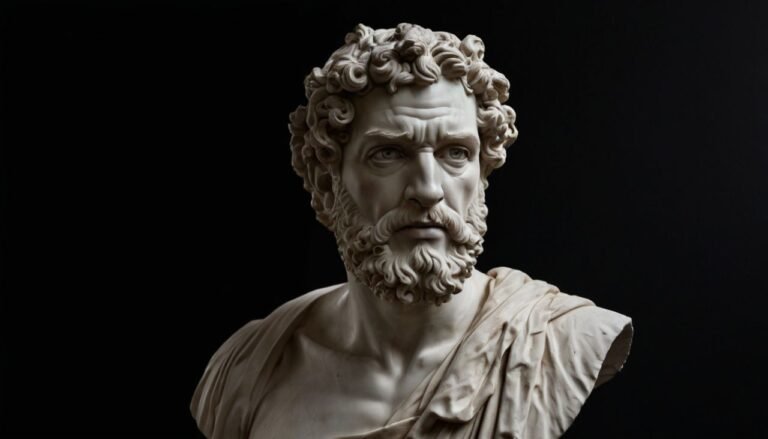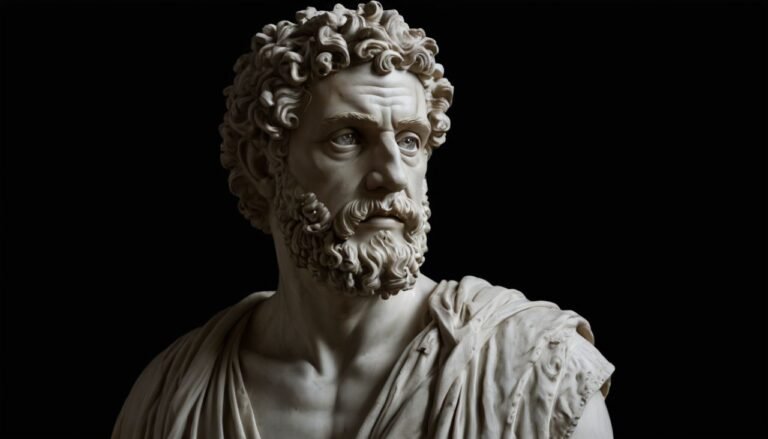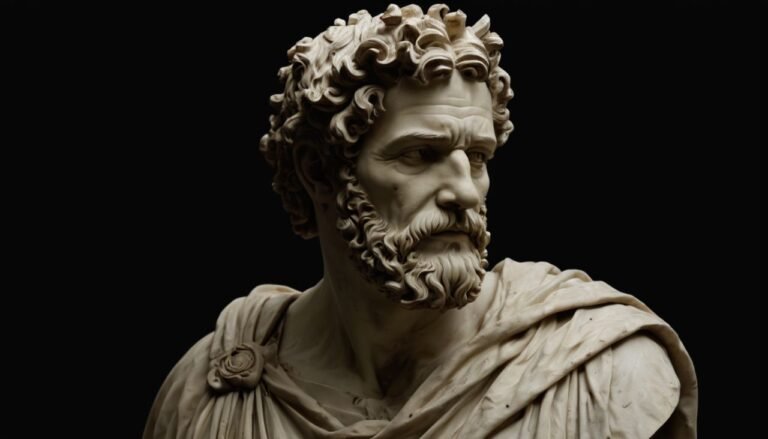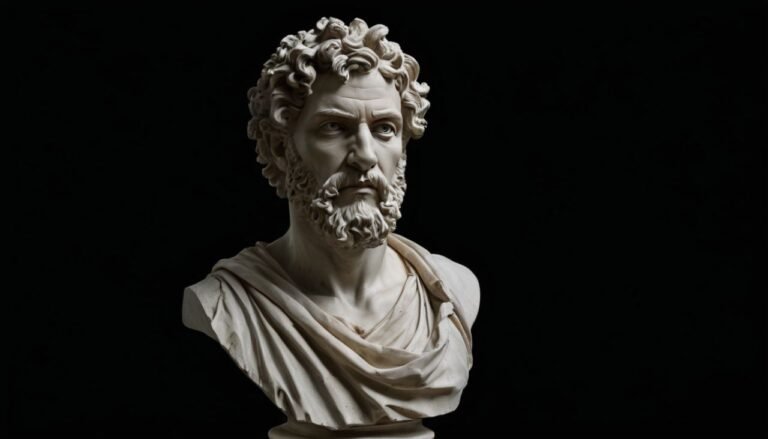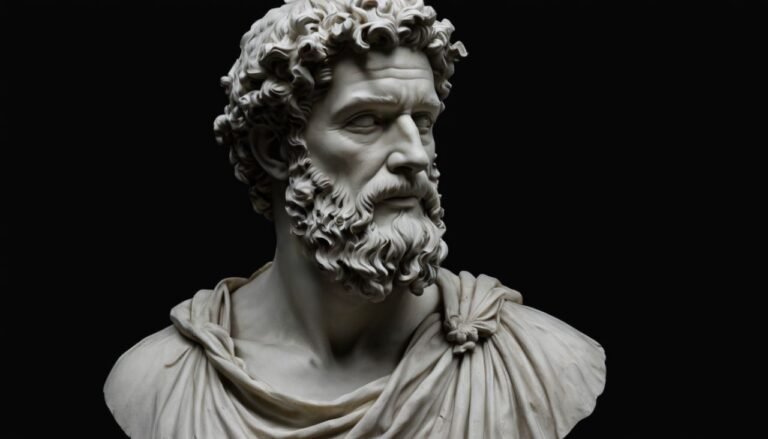Logos, a term derived from ancient Greek, is a multifaceted concept that has been explored and debated by philosophers for centuries. In its simplest form, logos can be translated to “word,” “reason,” or “principle.” However, its philosophical depth extends far beyond these basic definitions. This blog will explore the philosophical dimensions of logos, its historical development, and its significance in contemporary thought.
Historical Background
Ancient Greek Philosophy
The concept of logos has its roots in pre-Socratic philosophy. Heraclitus, one of the early Greek philosophers, used the term to signify the underlying order and structure of the universe. For Heraclitus, logos represented the rational principle that governs change and the unity of opposites.
Socrates and Plato further developed the idea of logos. In Plato’s dialogues, logos often refers to rational discourse or argumentation, emphasizing the importance of reason in achieving knowledge and truth. Plato’s student, Aristotle, expanded on this by distinguishing between different types of reason: theoretical, practical, and productive.
Stoicism
The Stoic philosophers, such as Zeno of Citium and Marcus Aurelius, adopted and adapted the concept of logos. For the Stoics, logos was the divine rational principle that permeates the cosmos. They believed that living in accordance with logos leads to a virtuous and fulfilling life. This idea of logos as a universal rationality influenced later Christian thought.
Logos in Christian Theology
In Christian theology, logos takes on a profoundly significant role. The Gospel of John opens with the famous verse: “In the beginning was the Word (Logos), and the Word was with God, and the Word was God.” Here, logos is identified with Jesus Christ, representing divine reason and order incarnate. This theological interpretation bridges Greek philosophical concepts with Christian doctrine.
Contemporary Interpretations
Semiotics and Linguistics
In modern philosophy, the study of logos has intersected with semiotics and linguistics. Ferdinand de Saussure’s work on structural linguistics emphasized the arbitrary nature of signs (words) and their meanings. However, philosophers like Jacques Derrida critiqued this view, arguing that meaning is always deferred and never fully present—a concept known as “différance.”
Hermeneutics
Hermeneutics, the art and science of interpretation, also engages deeply with the concept of logos. Hans-Georg Gadamer’s philosophical hermeneutics suggests that understanding is fundamentally dialogical. Logos, in this context, involves an ongoing process of interpretation and re-interpretation within a community of discourse.
Existentialism
Existentialist philosophers like Martin Heidegger reinterpreted logos in terms of human existence. Heidegger’s notion of “Being” involves a return to a more original understanding of logos as revealing or uncovering truth. For Heidegger, language (logos) is not just a tool for communication but a way in which Being manifests itself.
The Importance of Logos Today
In today’s world, the concept of logos remains relevant across various fields:
- Science: The pursuit of knowledge through reasoned inquiry reflects the ancient philosophical ideal of logos.
- Ethics: Rational discourse and principles guide ethical decision-making.
- Communication: Understanding and effectively using language is crucial in a globalized society.
Conclusion
The philosophy of logos is a rich and complex field that spans ancient thought to contemporary theory. It challenges us to consider how reason, language, and meaning are interwoven in our understanding of the world. Whether in science, ethics, or everyday communication, the legacy of logos continues to shape our quest for knowledge and truth.

